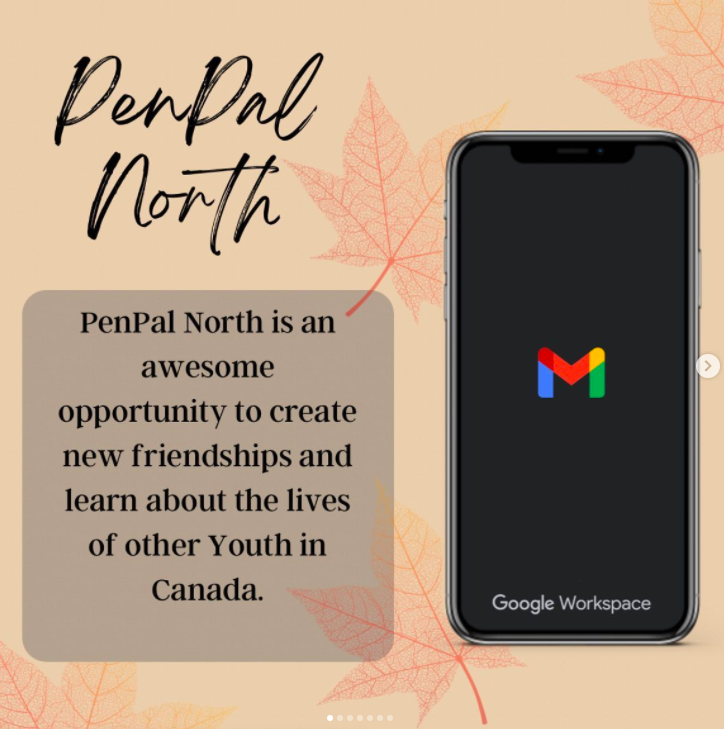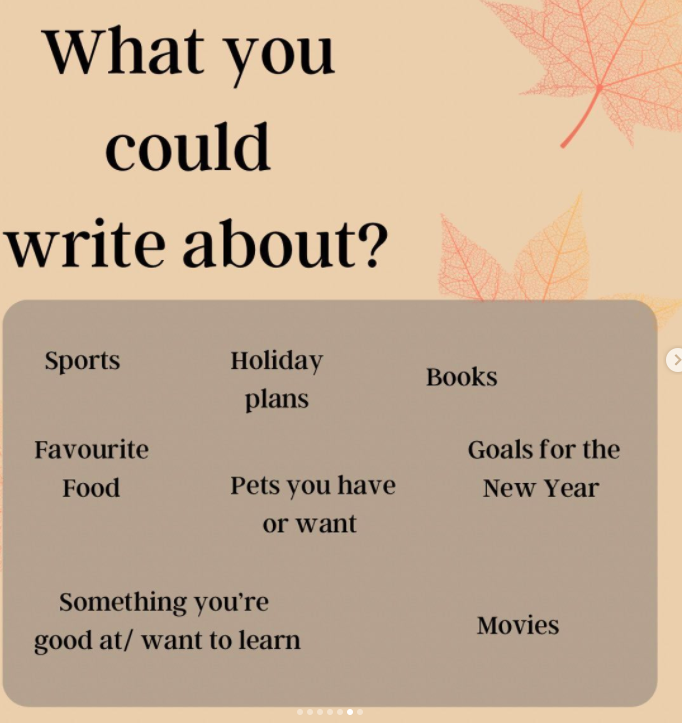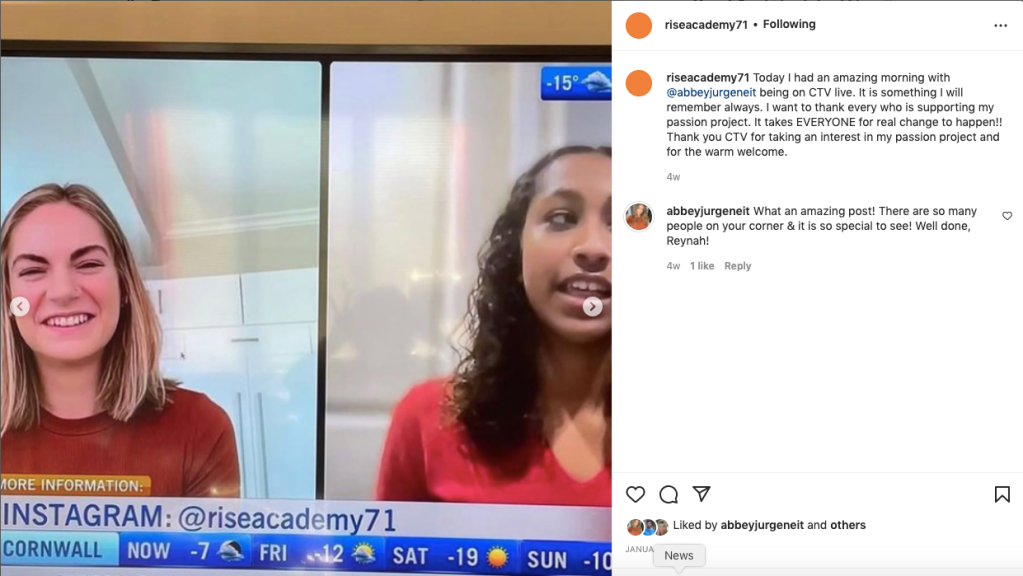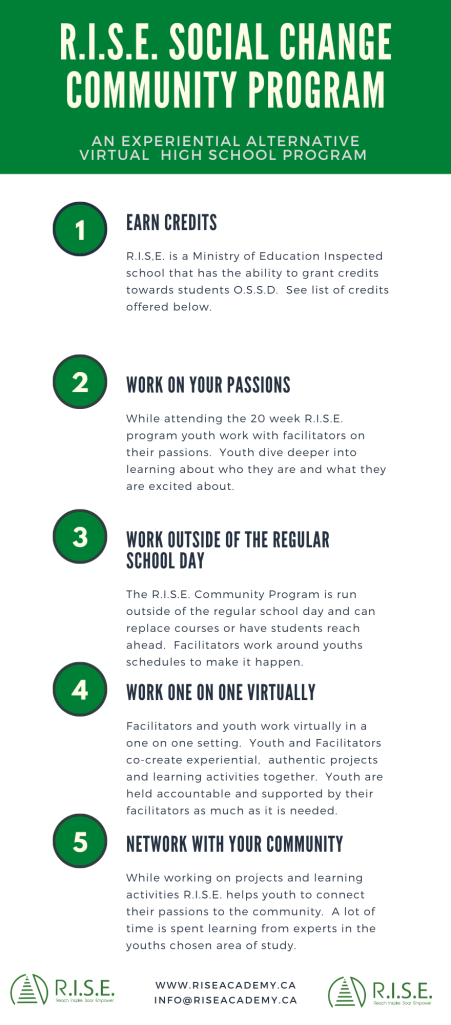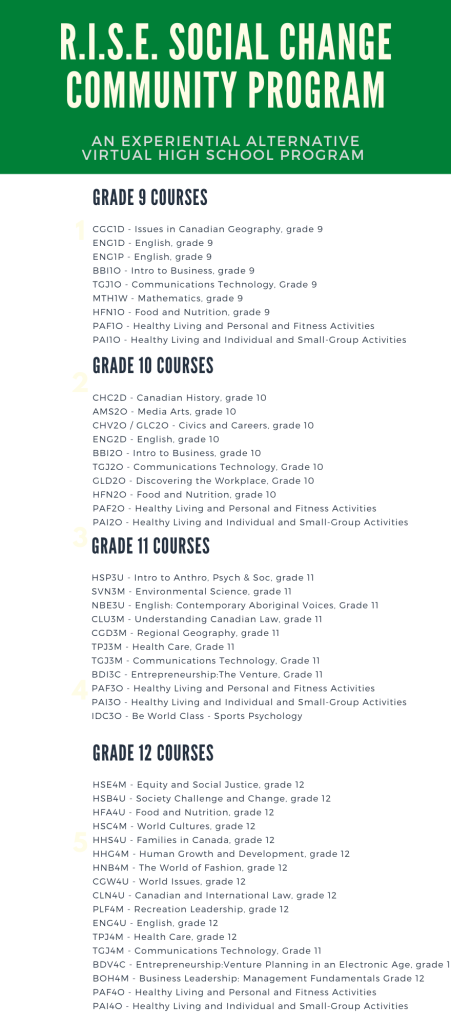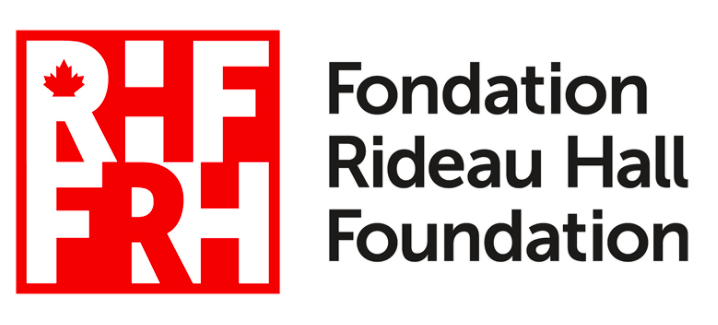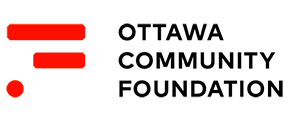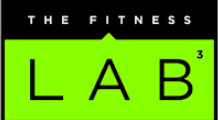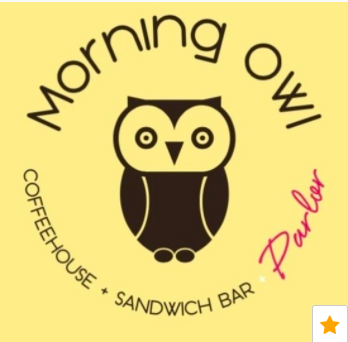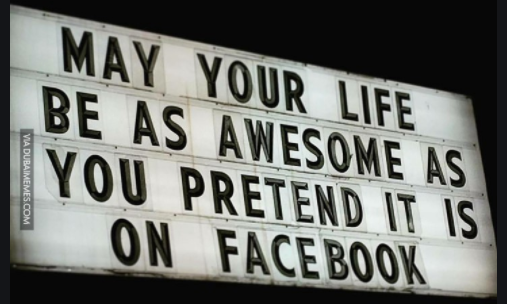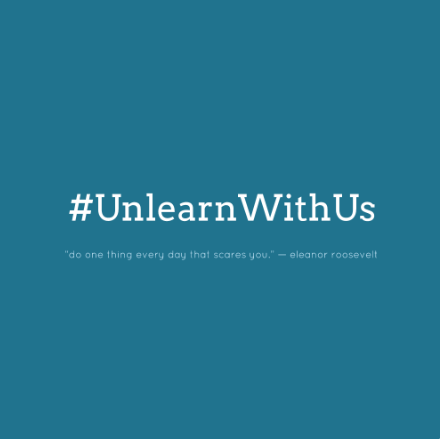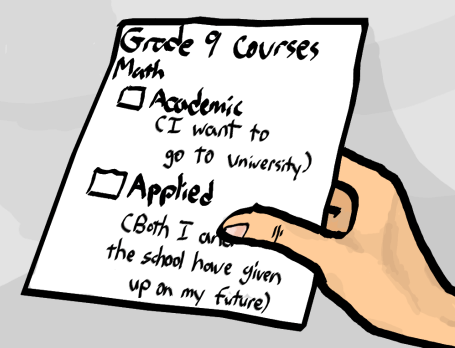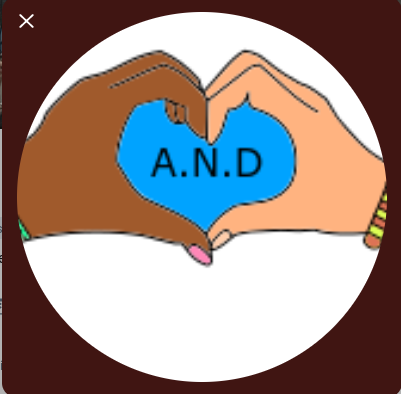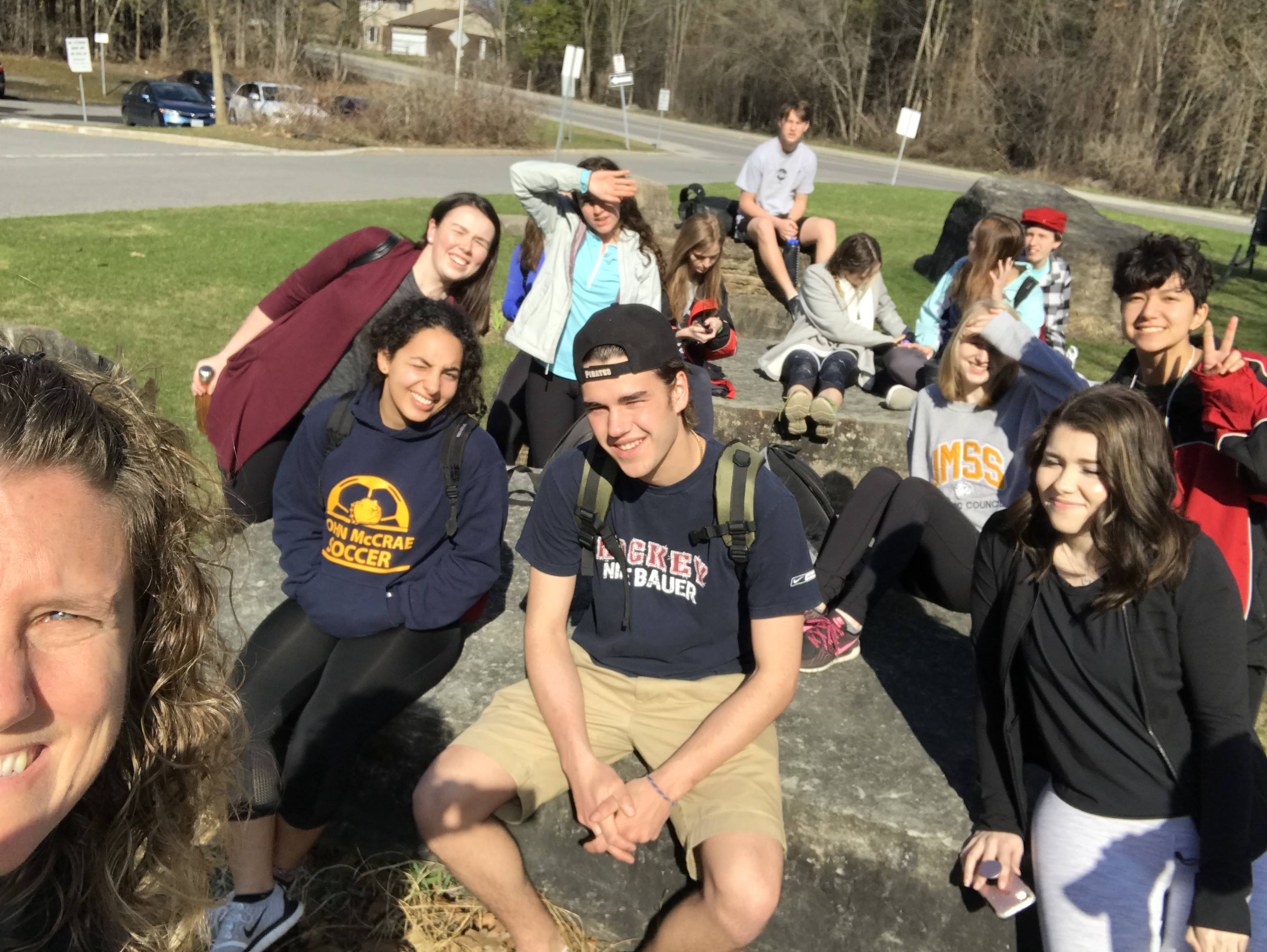Last week we had the opportunity to work with another amazing group of youth during our Social Change Maker ICE training. This time we were at Woodroffe HS in Ottawa, ON. We had amazing community partners join us and the youth all took action to help them out. We had one student work with Parkdale Food Centre to share suggestions on how to get more youth to their program. He also wrote a wonderful blog post about them. Check it out below.
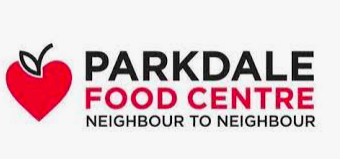
This morning, I was given the opportunity to talk with Karin Freeman, an Ottawa resident who volunteers with the Parkdale Food Centre—specifically, a branch of the PFC known as Growing Futures. Upon being asked her motivations for joining this cause, Karin described how her extensive experience working on farms, and the creation of Growing Futures, acted as a sort of of “Eureka moment” which convinced her to get involved.
Over the last several years, the Parkdale Food Centre—located on 30 Rosemount Avenue—has evolved into one of Ottawa’s most unique organizations; and redesigned what it means to be a food bank. Comprised largely of volunteers, the goal of the PFC as a whole is to support those affected by food insecurity through organizing a wide variety of programs (cooking classes and entrepreneurship opportunities are both examples), emphasizing positive neighbourly relations, and attempting to discover the root causes of what is truly a multi-faceted issue. Growing Futures offers a fascinating, and essential perspective, in this complex discussion of food security. The objective of the organization is to work with youth on all aspects of the issue: supporting youth in their discovery of systemic causes, connecting young people with community members, and helping them pursue collective action are defined as the major pillars in achieving this.
Food security is, by all accounts, a major problem within society and it is because of this fact that the Parkdale Food Centre’s cause is so essential. Unfortunately, many people who are struggling are either unaware of the PFC’s existence or may feel a sense of stigma in going to a food bank; therefore preventing those individuals from getting the support that is essential for their wellbeing. The Parkdale Food Centre does certainly have the capacity to help, both by giving a wide range of fresh food ro people in need and through its many fascinating programs. Additionally, Karin repeatedly cited a struggle to get youth involved with Parkdale’s mission—the unique input of youth is a valuable step in the PFC’s mission— though difficulties in pursuing this have arisen due to factors like young people not being as directly affected by food insecurity.
To support the Parkdale Food Centre’s cause, all members of the community are encouraged to attend their outdoor event; expected to be hosted at Hintonburg Park which is only a short walk away from the main building. This event aims to create a sense of camaraderie between those attending through organizing collaborative events, providing free food (though donations are greatly appreciated), and offering volunteer hours for anyone who helps out with the activities. By the end of the event, participants will hopefully leave with a better understanding of the PFC’s goals, know where to find the community fridge, and discover their own ways to aid those affected by the issue.
Further information about the mission of these two organizations can be found at their Instagram: @parkdalefood and @_growingfutures.

